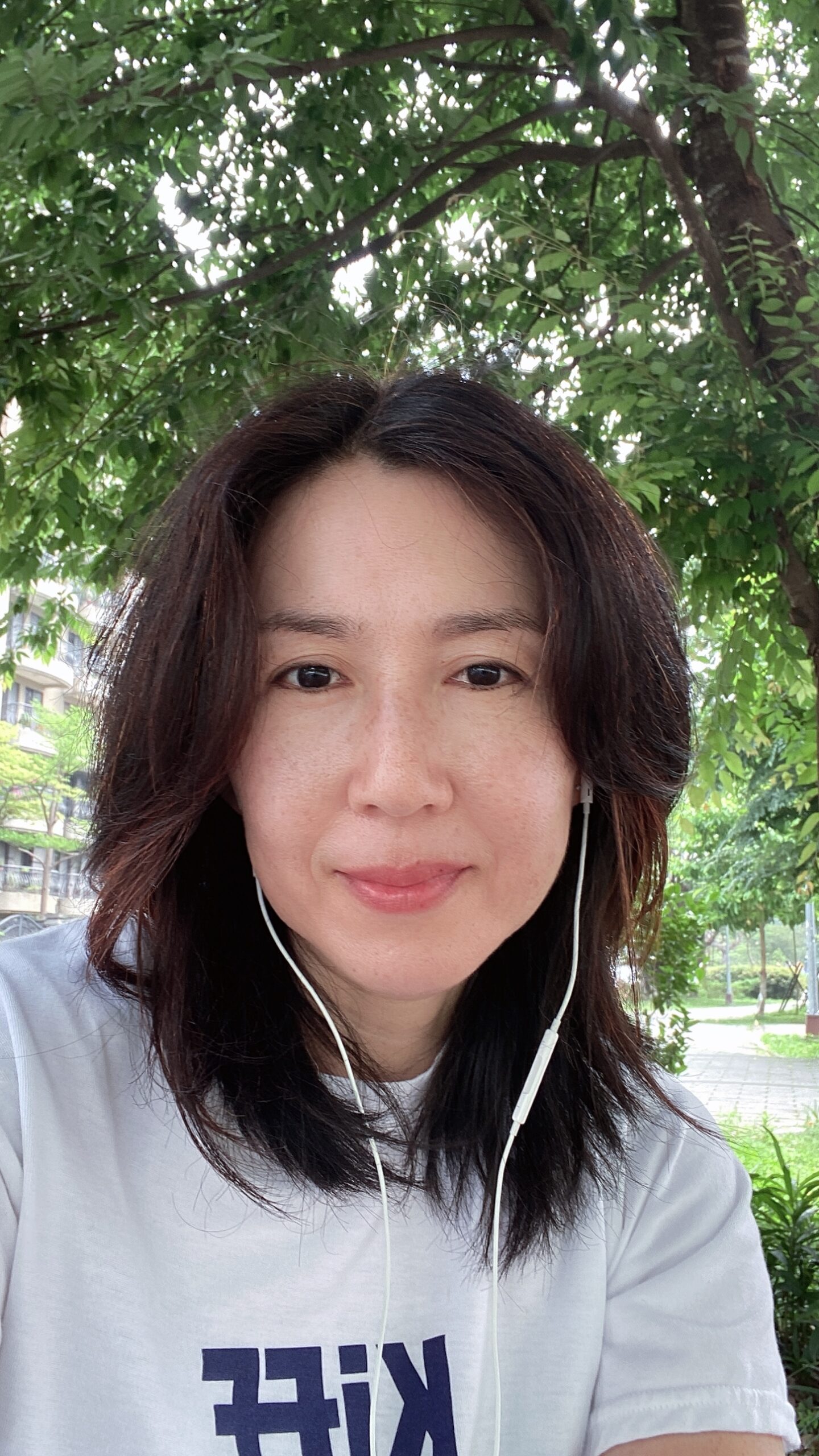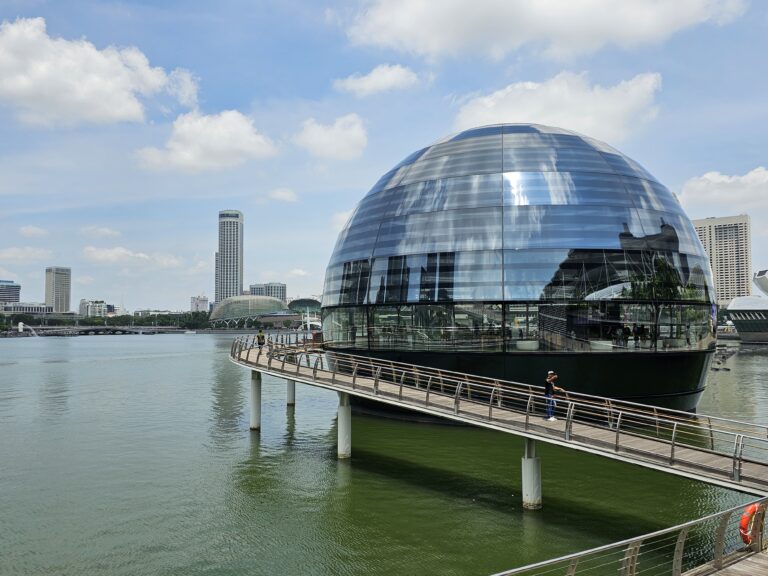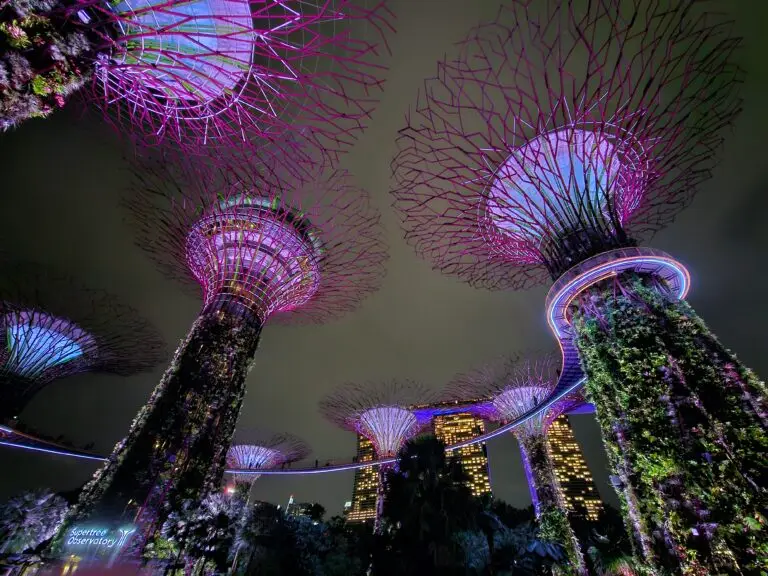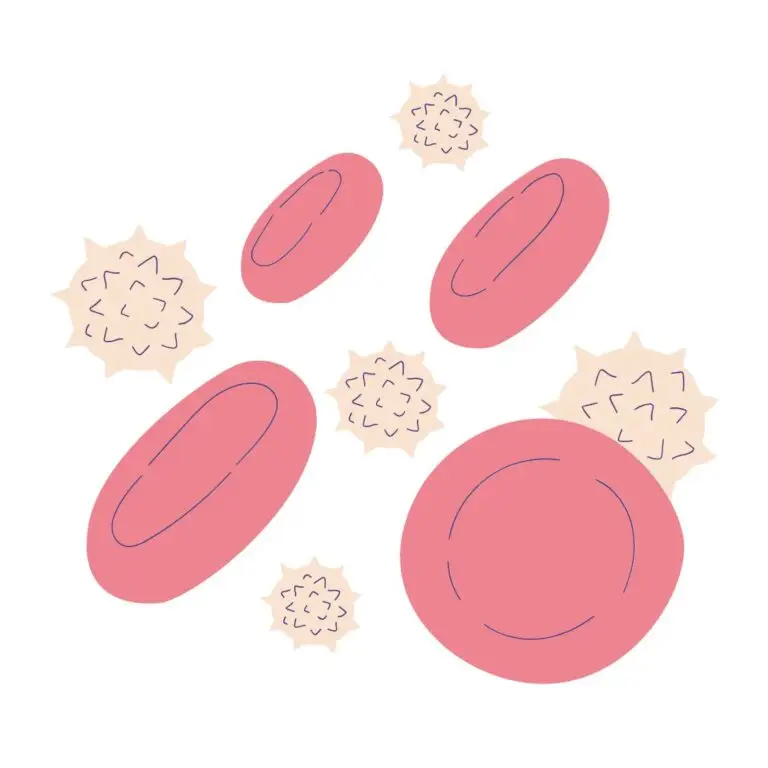我最近在想,人為什麼要追求快樂?追求快樂,避免痛苦,似乎是人類習以為常的事。我們會覺得要快樂,不要憤怒、痛苦、悲傷、憂愁、困惑……。若是以離苦得樂為目標,我認為這是人類一輩子都無法達成的目標,是自找麻煩。因為快樂就跟憤怒、痛苦、悲傷、憂愁、困惑一樣,是一種情緒。我們之所以要快樂不要痛苦,是因為我們將情緒二元化了:快樂好,痛苦不好。情緒其實沒有什麼好不好,它就是能量。情緒,英文是emotion,可以說是energy in motion。能量就像空氣會流動,來來去去,所以我們有時候快樂,有時候痛苦,有時候生氣,有時候悲傷。你能叫空氣不要流動嗎?要空氣不流動就像要自己只能快樂一樣,不是不可能,但如果以快樂為人生目標,那就是自找麻煩。你會發現,你越尋找快樂,你就越痛苦。
有時候我們感受到的情緒甚至不是來自我們自己,甚至可以說大部分不是來自自己。有的是身旁的人的情緒,比如伴侶生氣了,你也會開始不高興,或者小孩憂鬱,你可能跟著難過起來。情緒是會感染的,因為它是能量,會流動。我們甚至會受到媒體、集體意識影響而有某些情緒。有的是基因遺傳,天生就比較容易憂鬱或者憤怒,因為細胞接收器容易接收到這類的情緒。當我們認為快樂才對、快樂比較好,就會逃避憤怒、痛苦、悲傷或憂愁,甚至覺得自己不應該有這些情緒,會覺得自己不對、不好。當我們覺得自己不好不應該,又陷入更深的憤怒、痛苦、悲傷或憂愁,變成一個惡性循環。有時候,憂鬱就是這樣越來越嚴重。
就像天氣一樣,有時大晴天,有時陰天,有時狂風暴雨。大自然裡這些都是被允許的,被歡迎的,沒有哪個比哪個好。好和壞是人類頭腦下的定義。要一直快樂,不要痛苦,這是頭腦不切實際而且違反自然的妄想。成仙了的話另當別論,只要還是人類,我們就不可能只有快樂沒有痛苦。除非,你能全盤接收所有的情緒,快樂痛苦都覺得一樣好,那麼痛苦來了,對你來說也不再是痛苦,而是快樂。當你不再以快樂為目標,你會發現,反而更容易感到快樂。
Stop Chasing Happiness — Here’s Why
Have you ever noticed how much of life is spent chasing happiness?
We search for joy, avoid pain, and measure our days by how good we feel. It seems so natural — almost instinctive — to want happiness and resist discomfort.
But lately, I’ve been wondering: why must we be happy?
If the goal of life is simply to seek pleasure and escape suffering, it’s a goal no human will ever achieve. Because happiness, like anger, sadness, or confusion, is only one part of a vast emotional landscape.
The trouble begins when we divide emotions into two camps —
happiness as good, pain as bad.
Yet emotions themselves are neither. They are simply energy — like the wind that moves through the air. Sometimes it’s gentle, sometimes it storms. It comes and goes, and that’s its nature.
Trying to stay happy all the time is like trying to stop the wind from blowing.
It’s not impossible, but it is unnatural.
When we make happiness our goal, we create suffering.
The more we chase it, the further it drifts away.
Often, the emotions we feel aren’t even ours.
We pick them up from the people around us —
our partner’s anger, our child’s sadness, the collective worry of the world.
Emotions are contagious because they are energy in motion.
Even our genes can make us more sensitive to certain emotional frequencies.
When we believe only happiness is right,
we begin to suppress everything else — anger, grief, fear, sorrow.
We judge ourselves for feeling them, thinking we are wrong or broken.
But this self-rejection only deepens the pain we are trying to escape,
pulling us into a spiral that can lead to despair.
Life, however, is more like the weather.
Sometimes bright, sometimes cloudy, sometimes pouring rain.
And in nature, all are allowed. All are sacred.
No one would say a storm is worse than sunshine —
only the human mind insists on labeling one “good” and the other “bad.”
To demand constant happiness is an unrealistic fantasy of the mind,
a rebellion against the nature of being alive.
As long as we are human, we cannot have joy without sorrow.
But when we open our hearts to every emotion —
when we see joy and pain as equally beautiful —
then even pain becomes a form of joy.
When you stop chasing happiness,
you may find that happiness has quietly been here all along —
not as a destination to reach,
but as the gentle stillness that arises when you finally stop running.
有時候我們感受到的情緒甚至不是來自我們自己,甚至可以說大部分不是來自自己。有的是身旁的人的情緒,比如伴侶生氣了,你也會開始不高興,或者小孩憂鬱,你可能跟著難過起來。情緒是會感染的,因為它是能量,會流動。我們甚至會受到媒體、集體意識影響而有某些情緒。有的是基因遺傳,天生就比較容易憂鬱或者憤怒,因為細胞接收器容易接收到這類的情緒。當我們認為快樂才對、快樂比較好,就會逃避憤怒、痛苦、悲傷或憂愁,甚至覺得自己不應該有這些情緒,會覺得自己不對、不好。當我們覺得自己不好不應該,又陷入更深的憤怒、痛苦、悲傷或憂愁,變成一個惡性循環。有時候,憂鬱就是這樣越來越嚴重。
就像天氣一樣,有時大晴天,有時陰天,有時狂風暴雨。大自然裡這些都是被允許的,被歡迎的,沒有哪個比哪個好。好和壞是人類頭腦下的定義。要一直快樂,不要痛苦,這是頭腦不切實際而且違反自然的妄想。成仙了的話另當別論,只要還是人類,我們就不可能只有快樂沒有痛苦。除非,你能全盤接收所有的情緒,快樂痛苦都覺得一樣好,那麼痛苦來了,對你來說也不再是痛苦,而是快樂。當你不再以快樂為目標,你會發現,反而更容易感到快樂。
Stop Chasing Happiness — Here’s Why
Have you ever noticed how much of life is spent chasing happiness?
We search for joy, avoid pain, and measure our days by how good we feel. It seems so natural — almost instinctive — to want happiness and resist discomfort.
But lately, I’ve been wondering: why must we be happy?
If the goal of life is simply to seek pleasure and escape suffering, it’s a goal no human will ever achieve. Because happiness, like anger, sadness, or confusion, is only one part of a vast emotional landscape.
The trouble begins when we divide emotions into two camps —
happiness as good, pain as bad.
Yet emotions themselves are neither. They are simply energy — like the wind that moves through the air. Sometimes it’s gentle, sometimes it storms. It comes and goes, and that’s its nature.
Trying to stay happy all the time is like trying to stop the wind from blowing.
It’s not impossible, but it is unnatural.
When we make happiness our goal, we create suffering.
The more we chase it, the further it drifts away.
Often, the emotions we feel aren’t even ours.
We pick them up from the people around us —
our partner’s anger, our child’s sadness, the collective worry of the world.
Emotions are contagious because they are energy in motion.
Even our genes can make us more sensitive to certain emotional frequencies.
When we believe only happiness is right,
we begin to suppress everything else — anger, grief, fear, sorrow.
We judge ourselves for feeling them, thinking we are wrong or broken.
But this self-rejection only deepens the pain we are trying to escape,
pulling us into a spiral that can lead to despair.
Life, however, is more like the weather.
Sometimes bright, sometimes cloudy, sometimes pouring rain.
And in nature, all are allowed. All are sacred.
No one would say a storm is worse than sunshine —
only the human mind insists on labeling one “good” and the other “bad.”
To demand constant happiness is an unrealistic fantasy of the mind,
a rebellion against the nature of being alive.
As long as we are human, we cannot have joy without sorrow.
But when we open our hearts to every emotion —
when we see joy and pain as equally beautiful —
then even pain becomes a form of joy.
When you stop chasing happiness,
you may find that happiness has quietly been here all along —
not as a destination to reach,
but as the gentle stillness that arises when you finally stop running.





